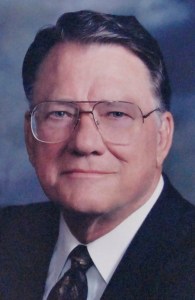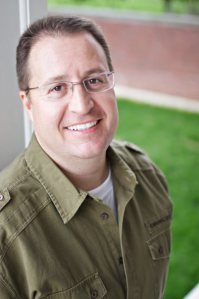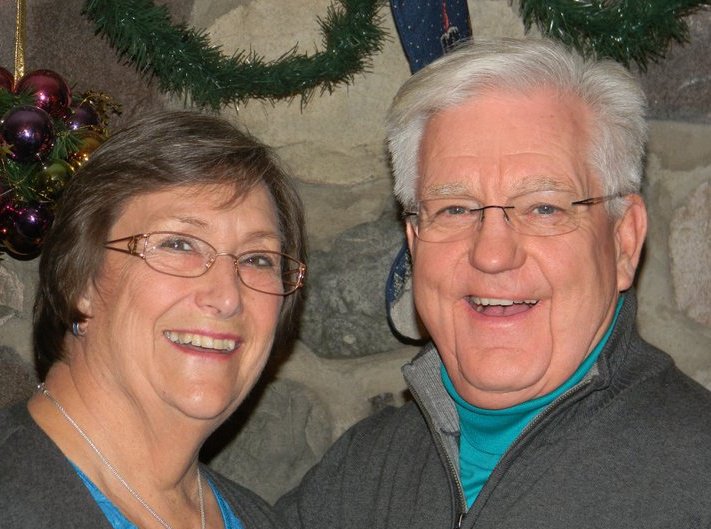
I have a question for you, “Who are you discipling?” How hard do you have to think about that? Would anyone say you are discipling them, mentoring them, or investing in them?
Probably no question will cut more quickly to the reality of your success or failure in life and ministry than this simple question. Jesus’ final words, “Go make disciples of all nations,” were not an option—this is what we are to be doing. While there are many gospel implications, there is one very clear command. We were, in the words of Dawson Trotman, “born to reproduce.”
Granted, there are a lot of good things Christians do these days; preaching, teaching, writing, leading, organizing, giving, etc., but at the end of the day, who are they discipling? The same question that we ask the average Christian needs to be asked of the professional clergy—pastor, evangelist, seminary professor.
Think back on your own experience. Who impacted your life? How did they do that? Books, sermons, programs, and college lectures all have their place, but nothing changes the world more quickly than investing in others “one life at a time.” That’s what Jesus did.
“Who are you discipling?”

 Pastor Crowley was a Southern Baptist and Montrose was a
Pastor Crowley was a Southern Baptist and Montrose was a 
 Prayer without planning presumes upon God. Planning without prayer presumes without God. As we look ahead it is not an “either or” proposition but one of “both and.” Every venture in life for the Christian should begin with prayer and continue in prayer. But, we also need to plan. Planning is part of our stewardship and responsibility. In fact, we should do this better than anyone else because we have a higher calling and more compelling cause. Investigating, planning, organizing, and setting goals is not in place of prayer but rather fueled by prayer. It flows from a core conviction that is rooted in a desire for God’s glory and His will to be done. When God does answer prayer we are not surprised. In fact, we are already at the plow and ready for work. You can see this in action when you read Nehemiah 1-3. Pray and Plan. Then, expect great things from God!
Prayer without planning presumes upon God. Planning without prayer presumes without God. As we look ahead it is not an “either or” proposition but one of “both and.” Every venture in life for the Christian should begin with prayer and continue in prayer. But, we also need to plan. Planning is part of our stewardship and responsibility. In fact, we should do this better than anyone else because we have a higher calling and more compelling cause. Investigating, planning, organizing, and setting goals is not in place of prayer but rather fueled by prayer. It flows from a core conviction that is rooted in a desire for God’s glory and His will to be done. When God does answer prayer we are not surprised. In fact, we are already at the plow and ready for work. You can see this in action when you read Nehemiah 1-3. Pray and Plan. Then, expect great things from God! “Leaders Don’t Panic” is a blog published by
“Leaders Don’t Panic” is a blog published by 